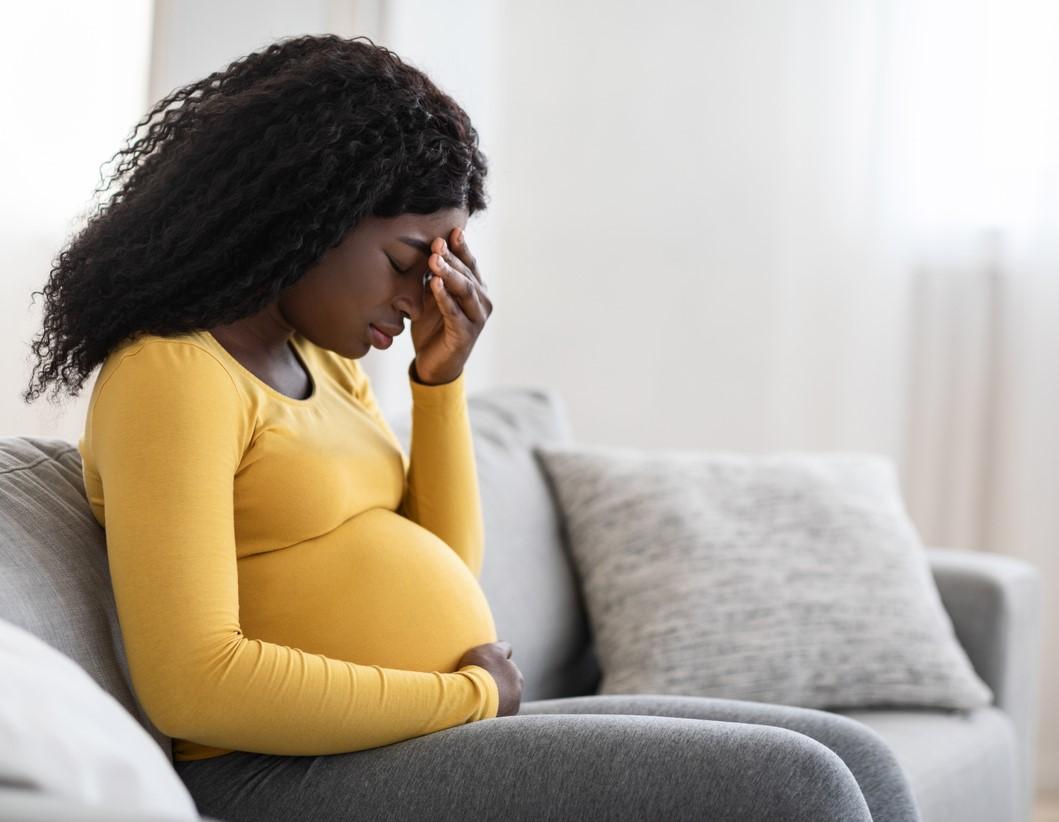A surveillance study of more than 6,000 women who gave birth in Canada during the pandemic suggests that those infected with COVID-19 were at higher risk for hospitalization and intensive care unit (ICU) admission than those of nonpregnant women of childbearing age.
University of British Columbia researchers led the observational study, which also found that infected pregnant women may have been at significantly increased risk for preterm birth compared with their uninfected peers.
Most cases in pregnancy symptomatic
The team studied 6,012 women from six Canadian provinces who tested positive for COVID-19 at any point during their pregnancy (all but 17.1% of them symptomatic) from Mar 1, 2020, to Oct 31, 2021, a period that included Delta variant domination but not the emergence of Omicron.
Their outcomes were compared with those of age-matched women infected with COVID-19 and uninfected pregnant women from the same pandemic period.
The included provinces were Alberta, British Columbia, Manitoba, Nova Scotia, Ontario, and Quebec. During the study period, almost all COVID-19 cases (98.7%) occurred among unvaccinated pregnant women. The most common symptoms were cough (48.6%) and fever (24.7%).
Of the infected pregnant women, the largest proportion (35.7%) were diagnosed at 28 to 37 weeks' gestation. Median age was 31 years, and 37.8% of participants were White, followed by South Asian (18.4%), Black (12.1%), other (including Indigenous, 11.8%), and East or Southeast Asian (8.3%).
Among infected pregnant women, non-White race was disproportionately represented compared with the general population (62% vs 20%). The proportion of Black infected pregnant women was 12.1%, even though these women made up only 2.2% of female Canadians 15 to 49 years old; comparable patterns were seen for East, Southeast, and South Asians.
One-hundred forty participants (3.4%) had preexisting high blood pressure, while 108 (2.6%) had type 1 or 2 diabetes, and 656 (24.3%) had a body mass index (BMI) of 30 or higher, indicating obesity.
Even mild COVID tied to preterm birth
Among the infected pregnant women, (7.8%) were hospitalized, 3.4% needed supplemental oxygen, and 2.0% were admitted to the ICU. Relative to infected women 20 to 49 years old in Canada, infected pregnant women were at significantly increased risk of hospitalization (7.8% vs 2.9%; relative risk [RR], 2.65) and ICU admission (2.01% vs 0.37%; RR, 5.46).
No patients who had received two or more doses of a COVID-19 vaccine experienced adverse maternal outcomes.
Infection, even if mild, was tied to a significantly higher risk of preterm birth (less than 37 weeks' gestation) than no infection (11.1% vs 6.8%; RR, 1.6). Of 175 preterm births with detailed delivery data, 46% were spontaneous, and 54% were induced.
Preexisting high blood pressure was tied to a significantly elevated risk of needing oxygen support (9.4% vs 3.2%; RR, 3.4). Greater gestational age at diagnosis was associated with a significantly higher risk of hospitalization and oxygen therapy; among infections diagnosed at 28 week' gestation or later versus those diagnosed at 15 to 27 weeks' gestation, the RR of hospitalization was 2.4 (12.2% vs 5.0%, respectively). The RR of oxygen therapy was 3.0 (5.8% vs 1.9%, respectively).
Median hospital stay (including any ICU stay) was 6 days, and median ICU stay was 4 days. The median time between hospitalization and delivery was 34 days. Forty-three COVID-19 patients (15.5%) had overlapping admissions for COVID-19 and delivery. Fewer than 6 COVID-19 hospitalizations occurred at less than 1 week postpartum for women infected during pregnancy. (Canadian privacy requirements don't allow more specific numbers when counts fall below 6.)
Ninety-five hospitalized patients (34.2%) needed extra oxygen, 54.7% of whom were later admitted to the ICU. Twenty-three patients (8.3%) required mechanical ventilation, and fewer than 6 needed extracorporeal membrane oxygenation. Fewer than 6 pregnant women died.
"SARS-CoV-2 infection during pregnancy was significantly associated with increased risk of adverse maternal outcomes and preterm birth," the study authors wrote. "The absolute risk increases were generally not large, but information about relative risks can help inform clinical and public health practice."


















